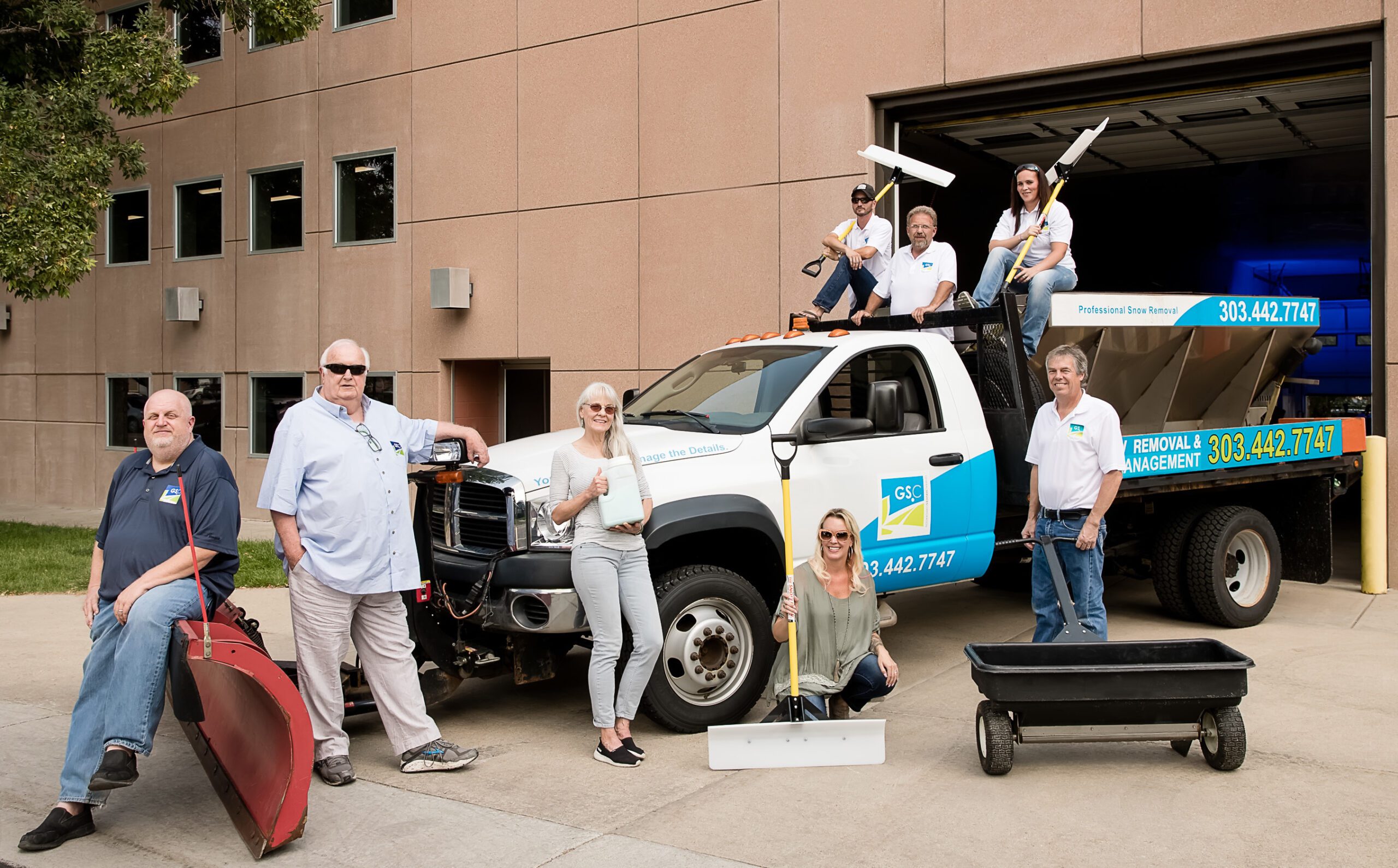Mulching is yet another wonderful way to maintain your property and improve the beauty of your lawn(s) that too many people neglect. A good mulching solution will help protect soil quality and moisture levels, which are important considerations in Colorado due to extreme changes in climate. Though different forms of mulch require varying levels of maintenance, mulch is an affordable and easy way to protect your investment in your lawn.
The Benefits of Mulch
Mulch provides a wealth of benefits for your lawn. The most important mulching benefits include:
- Mulch will decrease the amount of water that is robbed from your soil due to evaporation. This is especially important for Colorado, as periods of drought are not uncommon. A layer of mulch will act as a barrier that will preserve soil moisture, saving water for the plants that need them.
- Mulch also helps to prevent weed growth. Not only are weeds an unsightly nuisance, but weeds also rob vital nutrients and moisture from other plants.
- By acting as a protective layer above the soil, mulch will also help prevent erosion. Heavy rains and extremes in weather will gradually eat away at soil that is unprotected.
- It creates a favorable environment for healthy microorganisms such as earthworms to improve lawn health.
Mulching Placement Considerations
You do need to be aware of the best places to lay mulch to protect your soil, though. A poor mulching job will create a mess that does little to protect your soil. If an area to be mulched is bordered by a sidewalk, for example, lower the soil level slightly so that the mulch level is even with the top of the sidewalk. If your mulch extends over a sidewalk or other boundary, it is more likely to spill and spread over it, defeating the purpose and creating more cleanup work!
Types of Mulch
Wood Bark Mulch
Wood mulch is favorable because it doesn’t decompose as fast as other types of mulch and doesn’t require much maintenance while still preventing evaporation from robbing the soil of moisture. Wood mulch is especially beneficial around trees and shrubs because they ensure soil quality and can protect your plants from damages resulting from a lawnmower.
Grass Mulch
Grass mulch requires a little more maintenance than other types of mulch, and it should be repeatedly applied in thin layers. With thin layers of grass mulch, weeds will be held in check by preventing the germination process. In addition, grass decomposes very quickly compared to other types of mulch and can help add some organic nutrients to your lawn. However, you should be careful not to apply too much grass mulch or you will notice the smell of decomposition. In addition, too much grass mulch can even prevent water from reaching the soil.
Rock Mulch
Rock mulch is very advantageous owing to the fact that it is extremely low maintenance. Because rocks are not organic, they won’t compact or decompose while still protecting soil moisture. Rock mulch is great for specialty gardens and peas sized gravel can still aid plant growth. Be careful not to apply too much, as added weight can compress the soil below and actually harm the plants you’re trying to help!
If you’re a Boulder resident, you can actually get free mulch from the City of Boulder and Western Disposal. The mulch is made from wood and other yard waste that’s delivered to Western Disposal’s various drop-off sites. You’ll need to load it and transport if yourself, but the advantage is that it’s available 24/7, 365 days a year!
In our great state, we have to reconcile the desire for beautiful plants and landscaping with the limitation of available water. Mulch is a great way to conserve water and keep your plants healthier with less wasted water!


